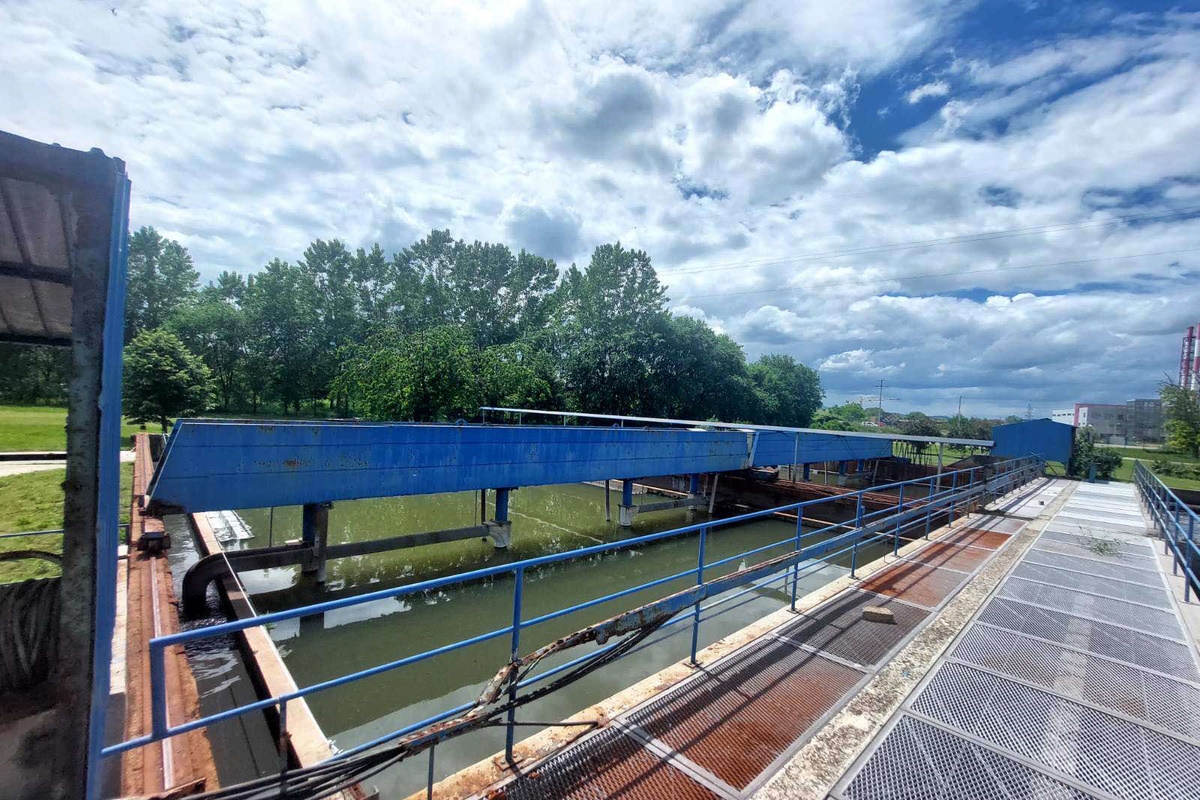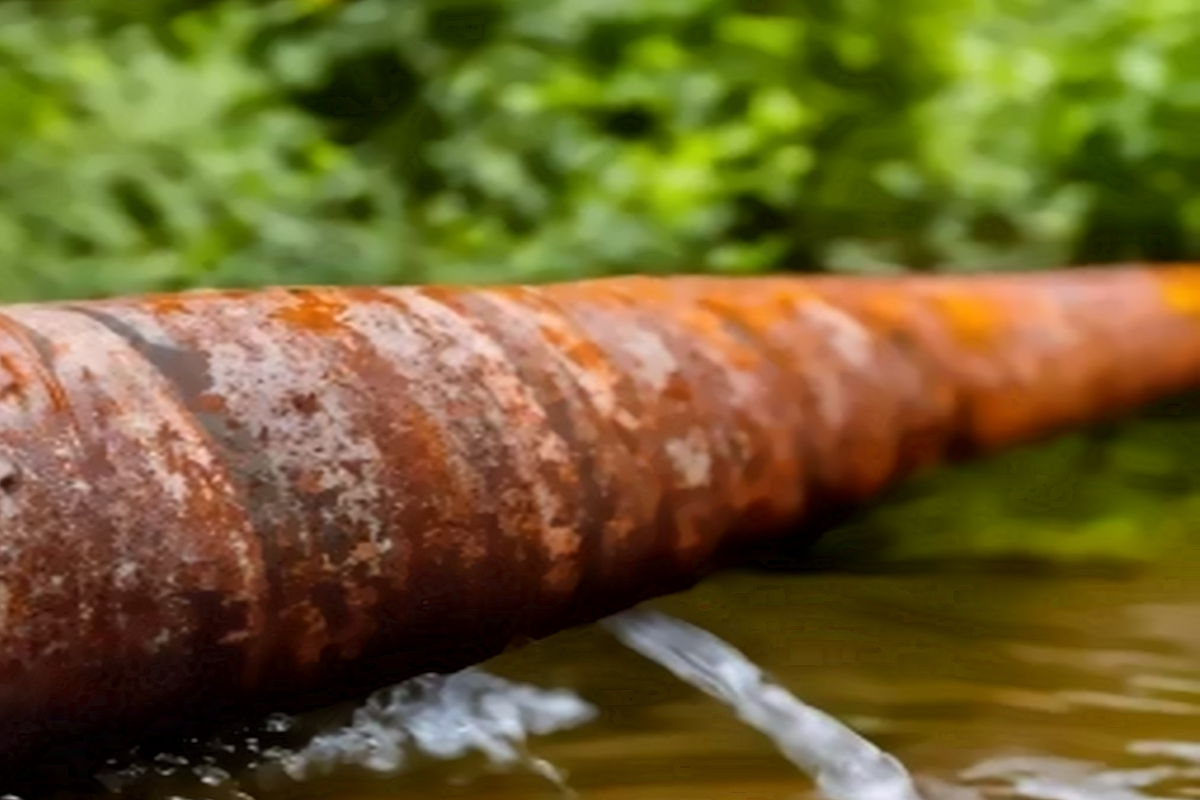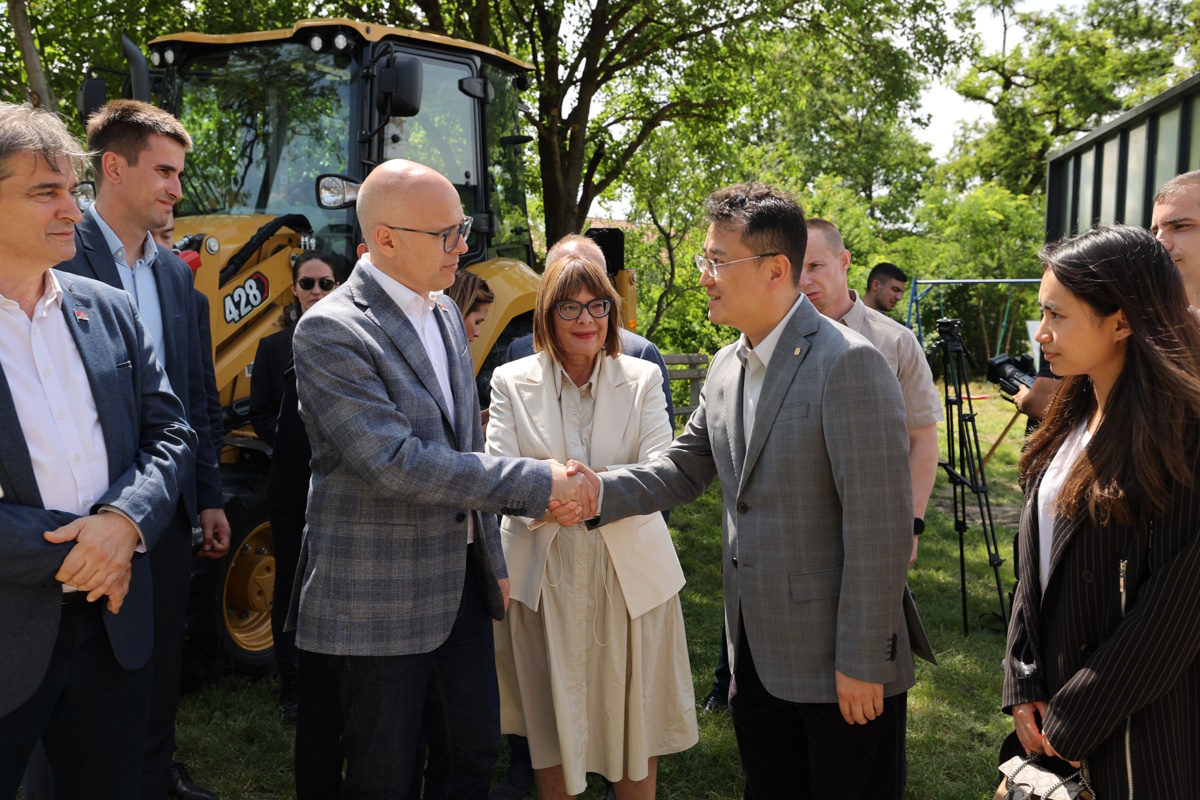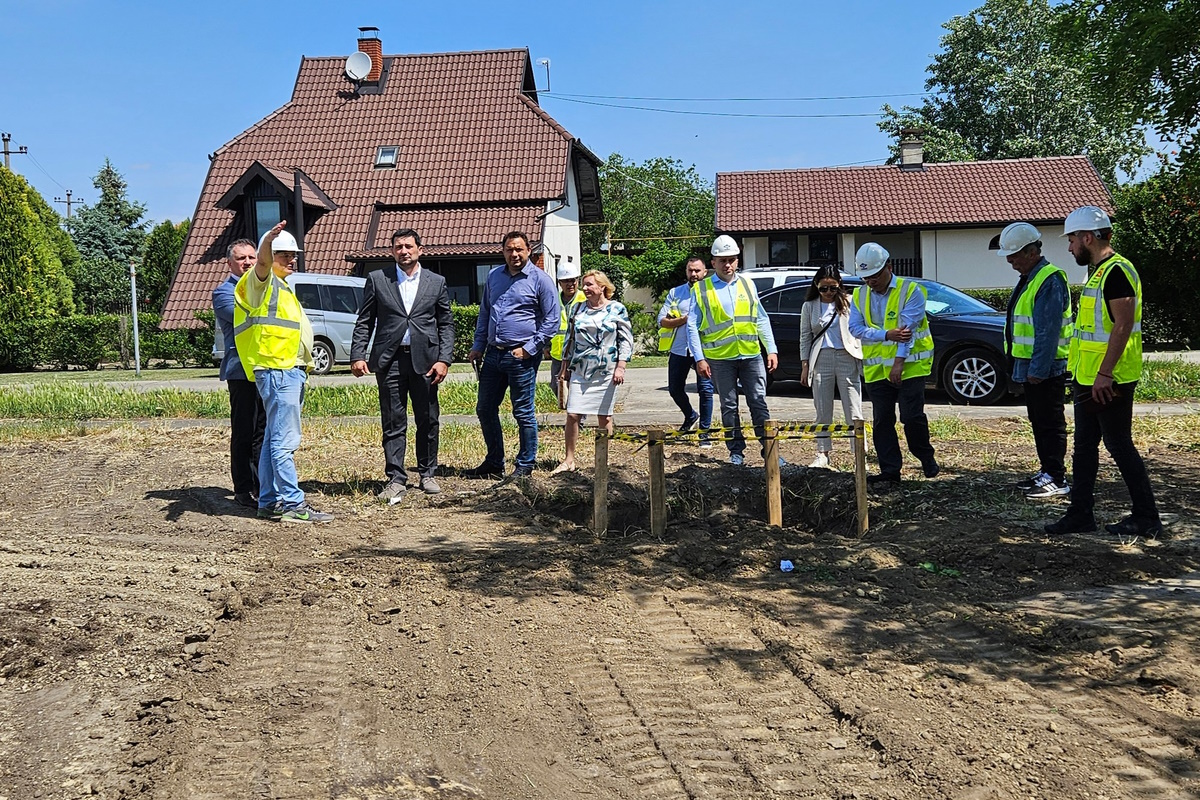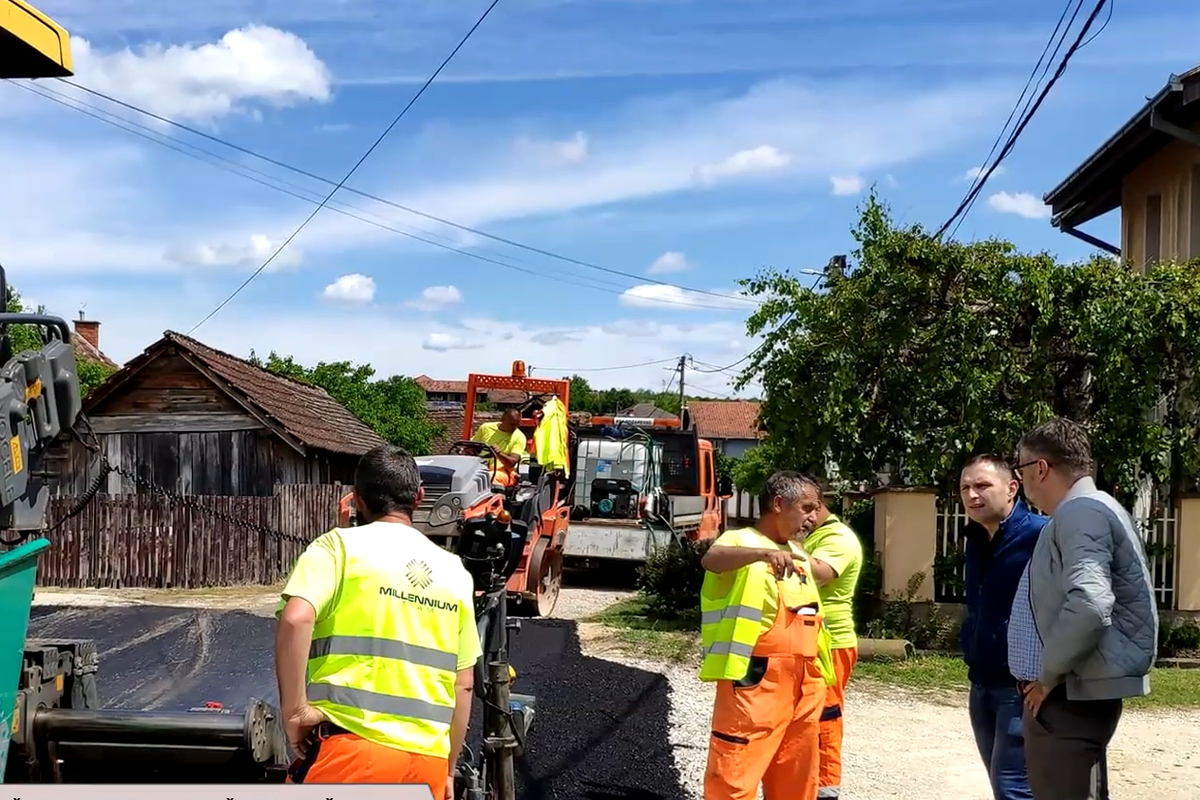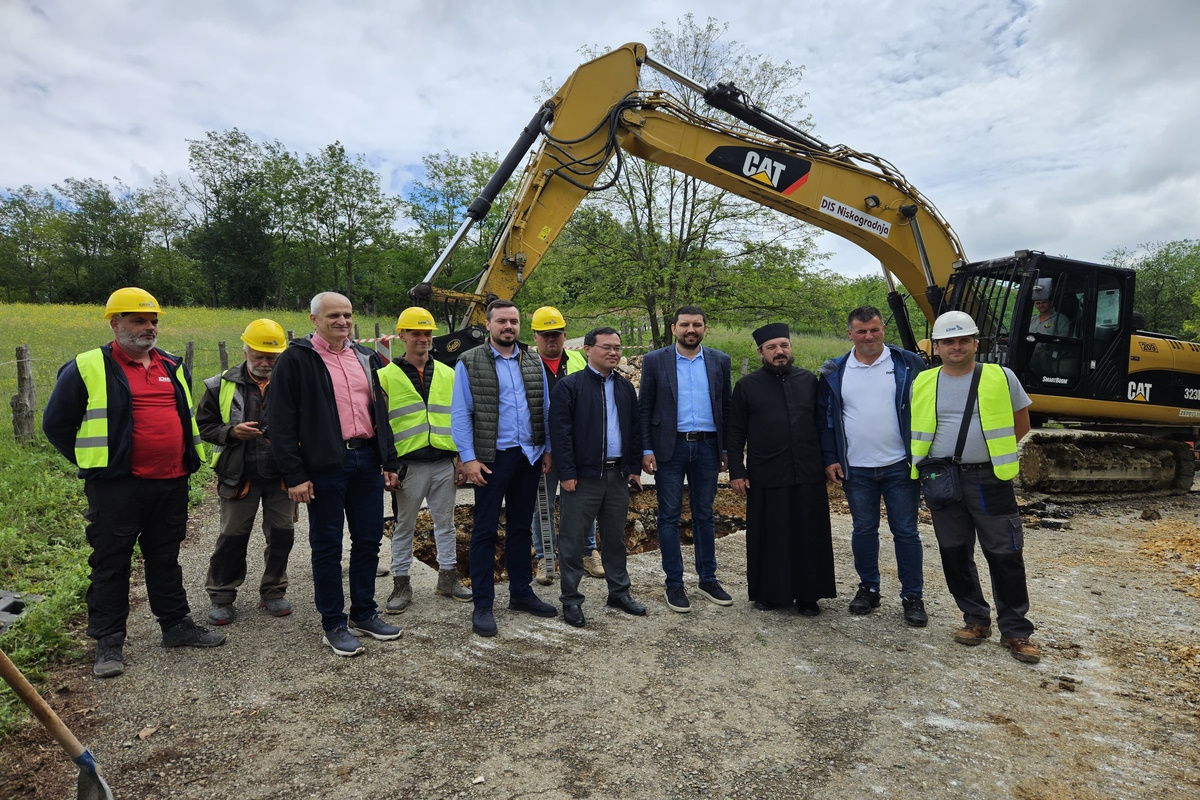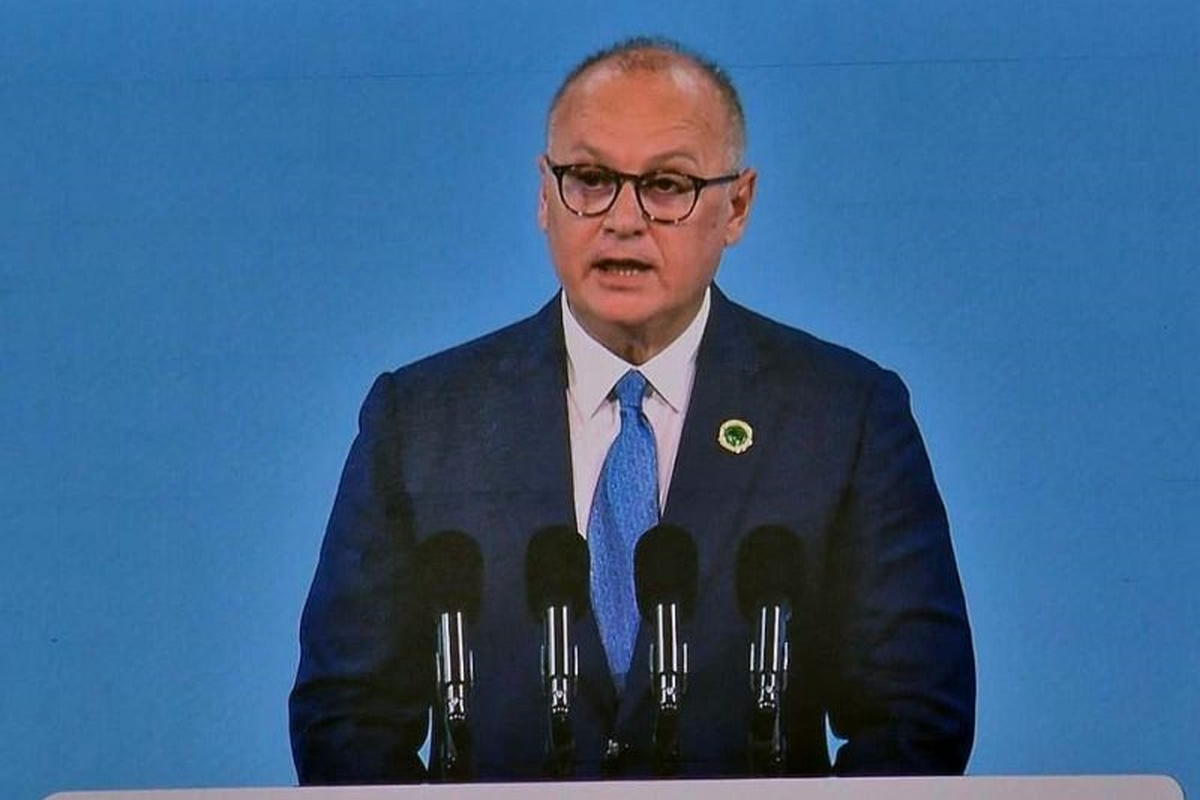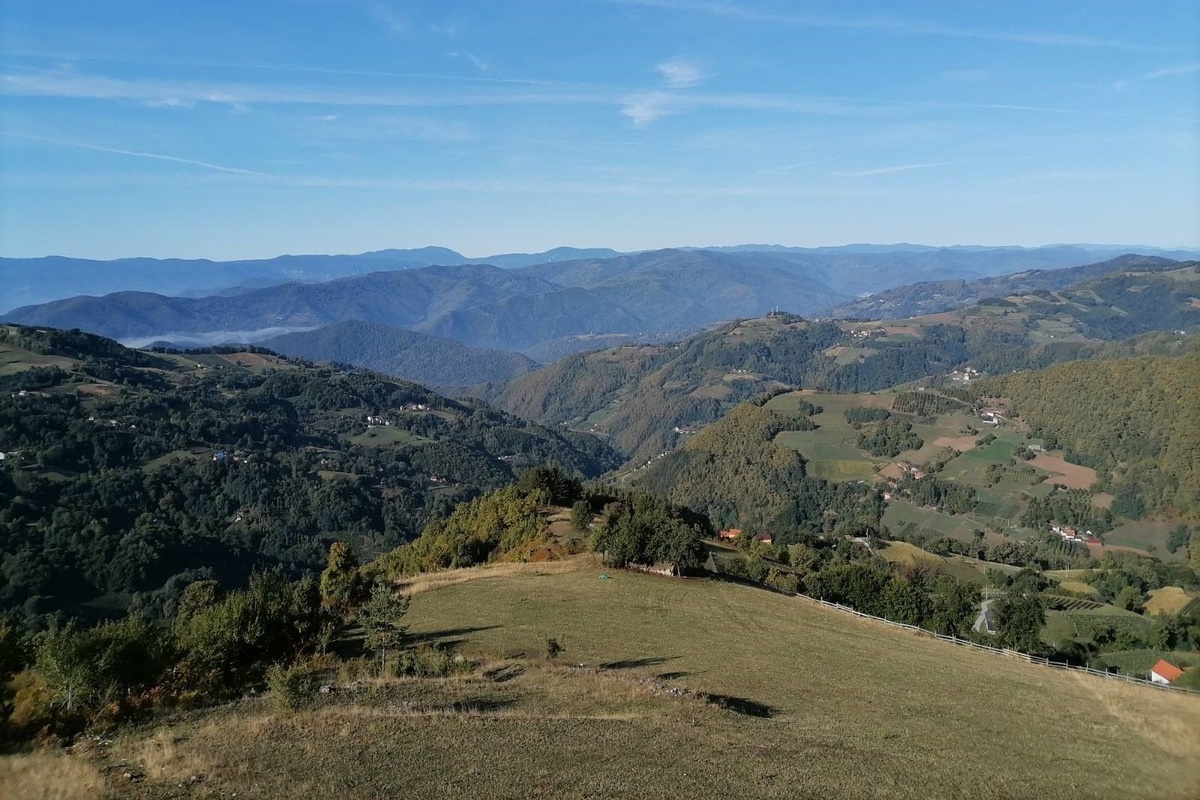In 2023 alone, China invested 1.37 billion euros in Serbia, which is almost a third of the total foreign investments that entered the domestic market last year, Biznis.rs magazine reports.
In the latest bulletin of Macroeconomic Analysis and Trends (MAT), it is stated that in 2023, the economy of Serbia had a year-on-year real growth in gross value added (GVA) of 2.9 percent and that this a result mainly due to the activities of Chinese companies. In the MAT analysis, it is also written that the results from the first quarter of 2024 even more convincingly confirm the contribution of Chinese companies to the growth of the economy, with the fact that now their supremacy is complete.
Among the numerous projects that Serbia is implementing with the support of China is the “Clean Serbia” project, which envisages the construction of sewage networks and wastewater treatment plants.
During his visit to Belgrade, Chinese President Xi Jinping emphasized several practical steps that will support Serbia, including organizational assistance for the world exhibition Expo 2027, then the import of more quality Serbian products, as well as cooperation in the scientific and research field, which includes the stay of 50 young scientists from Serbia in China. About 300 young people from Serbia will have the opportunity to study in China, and one of the steps will be the further opening of direct flights from Serbia to Chinese cities.
The largest part of the conversation between the two presidents was devoted to the Free Trade Agreement, which was ratified by the National Assembly of the Republic of Serbia, and the Chinese side is waiting to do the same. The agreement document is written on 850 pages, where a large number of products that will be covered by this type of cooperation are included. In the foreground are food and agricultural products.


